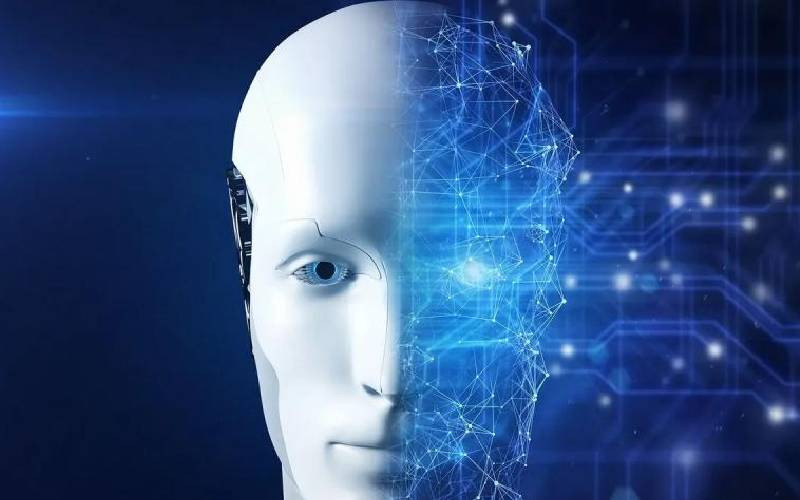×
The Standard e-Paper
Smart Minds Choose Us

By 2050, advancements in artificial intelligence (AI) may lead to a fully autonomous economy. Unmanned vehicles, automated factories, and virtual assistants will become commonplace.
Routine and cyclical services like customer service and deliveries will be swallowed by AI-run systems. This shift has hit the education sector hard. AI-enabled systems like ChatGPT, Soro, Mora etc have engulfed the sector like a house on fire.